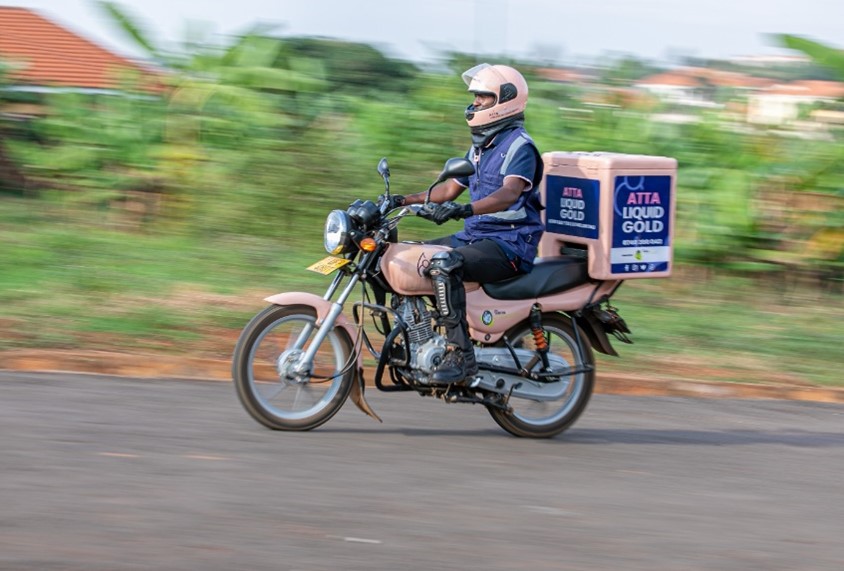Reducing Infant Mortality in Uganda through Breastmilk Donation
May 7, 2024

Sustainable Development Goal (SDG) 3 aims to ensure healthy lives and promote well-being for all, at all ages. Health and well-being are important at every stage of one’s life. SDG 3 aims to prevent needless suffering from preventable diseases and premature death by focusing on key targets that boost the health of a country’s overall population. Regions with the highest burden of disease and neglected population groups and regions are priority areas. SDG 3 also calls for deeper investments in research and development, health financing and health risk reduction and management.
SDG 3 “Good Health and Well-being” aims to end preventable deaths of newborns and children under 5 years of age, with all countries aiming to reduce neonatal mortality to at least as low as 12 per 1,000 live births and under-5 mortality to at least as low as 25 per 1,000 live births by the year 2030.

A mother attending to her preterm child after donated breastmilk feeding
According to the World Health Organization (WHO), breastfeeding is one of the most effective ways to safeguard child health and ensure survival. Breastmilk provides all the energy and nutrients that infants need for the first months of life, and continues to provide up to half or more of a child’s nutritional needs during the second half of the first year, and up to one third during the second year of life.
Globally, neonatal deaths have decreased by 44 percent since 2000. Yet in 2022, nearly half (47 percent) of all deaths in children under 5 years of age occurred in the newborn period (the first 28 days of life), which is among the most vulnerable periods of life and requires intensified quality intrapartum and newborn care. Children who die within the first 28 days of birth suffer from conditions and diseases associated with lack of quality care at birth or skilled care and treatment immediately after birth and in the first days of life.

Preterm donor milk recipient mothers in Mulago Specialized Women’s Hospital
The World Health Organization and the United Nations Children Emergency Fund (UNICEF) recommend that babies initiate breastfeeding within the first hour of birth and be exclusively breastfed for the first six months of life – meaning no other foods or liquids are provided, including water. However, for babies who cannot breastfeed for reasons like prematurity, sickness or medical complications, donor milk is the only option for them to survive and have normal growth.
In July 2021, recognizing that such donor milk banks were not operational in Uganda, ATTA established a growing network of breastfeeding mothers who are willing to have their blood tested and to donate surplus milk to babies who need the milk to survive. ATTA Breastmilk Community is an initiative under the Alyssa Marie Foundation, a non-profit organization registered with the Government of Uganda. ATTA Breastmilk Community is dedicated to making screened, donated breastmilk equitably accessible to all fragile newborns who need it to survive and thrive, especially those who are sick or born preterm.

The ATTA Breastmilk Community delivery service in action
For the past two years, ATTA has received over 549 liters of donated breast milk, from 84 donor mothers, and dispatched to over 191 babies. ATTA has also trained 73 health workers from Mulago Specialized Women’s Hospital and Kawempe Referral Hospital in lactation and donated milk handling.
With support from the United Nations Development Programme (UNDP), motorcycles and delivery boxes were procured to help in the collection and delivery of donated breastmilk. This enabled ATTA Breastmilk Community to collect 359 liters of donated breastmilk that was given to 100 babies in the year 2023. UNDP’s support also involved branding and design; with increased visibility, the initiative was able to onboard more donor mothers and reach more babies. ATTA Breastmilk Community also established a website to expand the reach of this important initiative event further.
By Mercy Melody Kayodi, Youth and Innovation Programme Officer

 Locations
Locations



